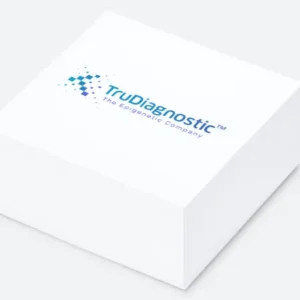Introduction to the Female Extended Cancer Panel
The Female Extended Cancer Panel is a comprehensive diagnostic tool designed to detect markers of several types of cancers, including liver, pancreatic, gastrointestinal, breast, and ovarian cancers. This panel focuses on identifying specific biomarkers to aid in early detection and effective treatment planning.
Key Biomarkers Analyzed
Several crucial biomarkers are analyzed in this panel, each playing a significant role in identifying different cancer types:
- Alpha-fetoprotein (AFP): Commonly associated with liver cancer, AFP is a protein that can be elevated in cases of hepatocellular carcinoma.
- Beta-human Chorionic Gonadotropin (β-hCG): This hormone is typically elevated in certain types of ovarian and testicular cancers.
- CA 125: A well-known marker for ovarian cancer, CA 125 levels can help in diagnosing and monitoring the progression of the disease.
- CA 15-3: Primarily used to monitor breast cancer, elevated levels of CA 15-3 can indicate the presence of malignant breast tumors.
- CA 19-9: This marker is most commonly associated with pancreatic cancer, but it can also be indicative of gastrointestinal cancers.
- Carcinoembryonic Antigen (CEA): CEA is a broad marker used to detect and monitor various types of cancers, including colorectal, gastric, and breast cancers.
Benefits of the Female Extended Cancer Panel
Implementing the Female Extended Cancer Panel in regular health check-ups offers numerous benefits:
- Early Detection: Identifying cancer markers at an early stage can significantly improve the prognosis and treatment outcomes.
- Comprehensive Coverage: By covering multiple cancer types, this panel ensures a thorough examination, reducing the risk of missing potential malignancies.
- Personalized Treatment Plans: Detailed biomarker analysis allows healthcare providers to tailor treatment plans specific to the patient’s needs, enhancing the effectiveness of the interventions.
Conclusion
The Female Extended Cancer Panel is an essential tool in the early detection and management of various cancers. By focusing on key biomarkers such as AFP, β-hCG, CA 125, CA 15-3, CA 19-9, and CEA, this panel provides comprehensive insights that aid healthcare professionals in making informed decisions for their patients.





